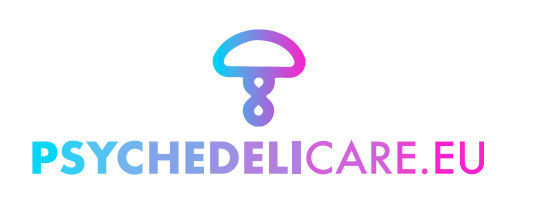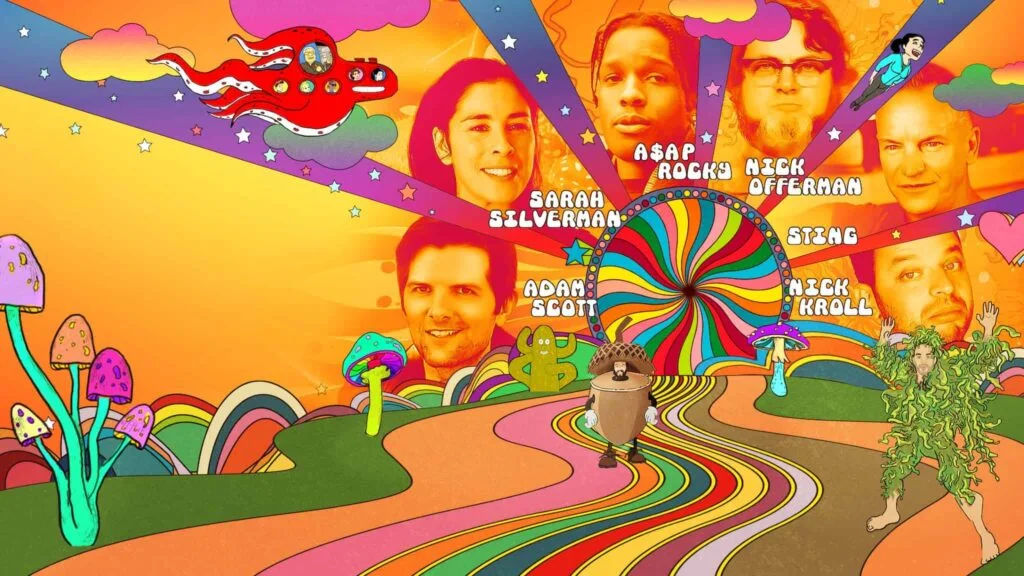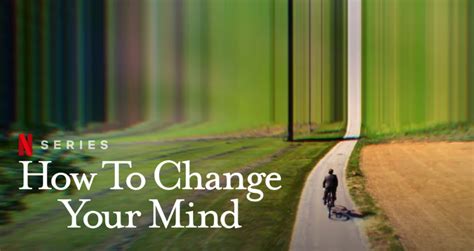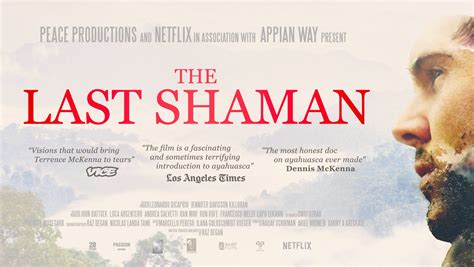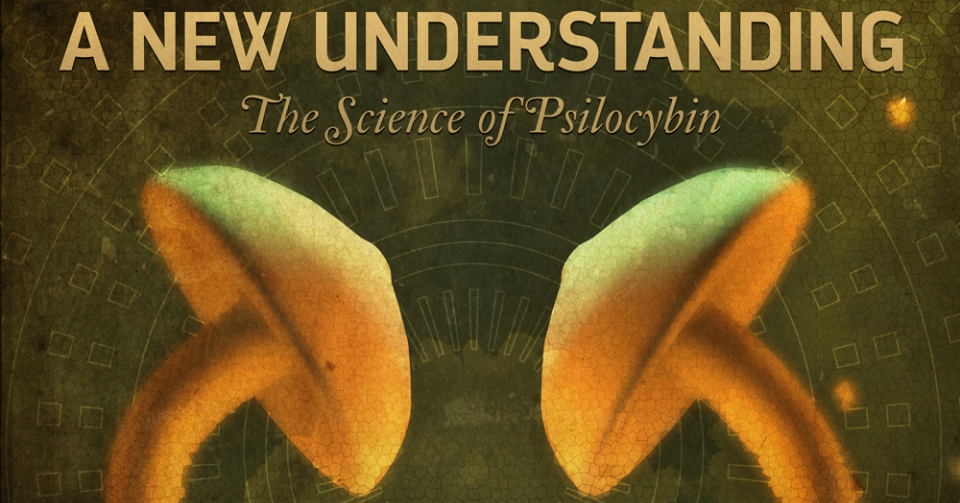RESOURCES
The Initiative Scope
Our initiative originates from a firm belief in the importance of scientific research on psychedelic substances and in their benefits for therapeutic purposes. Below you will find various resources that support our cause.
Scientific Studies on Psychedelics
Mental disorders are a global health crisis, and psychedelic substances are gaining recognition for their therapeutic potential. Research on psychedelics is enhancing our understanding of their effects and expanding our knowledge of their application in treating conditions such as depression, PTSD, anxiety, and addiction.
Clinical trials have demonstrated that these substances can be administered effectively with relatively few doses and manageable side effects. This enables us to better determine which pathology is best treated with a particular substance.
Single-Dose Psilocybin Treatment for Major Depressive Disorder: A Randomized Clinical Trial
Psilocybin treatment was associated with a clinically significant sustained reduction in depressive symptoms and functional disability, without serious adverse events.
Psilocybin produces substantial and sustained decreases in depression and anxiety in patients with life-threatening cancer: A randomized double-blind trial
The study provides the most rigorous evaluation to date of the efficacy of a classic hallucinogen for treatment of depressed mood and anxiety in psychologically distressed cancer patients.
Default Mode Network Modulation by Psychedelics: A Systematic Review
Psychedelics are a unique class of drug that produce vivid hallucinations as well as profound psychological experiences. This study aims to provide a comprehensive overview into the neurocognitive mechanisms of psychedelics.
Psychedelic-Assisted Therapy (PAT)
Science is showing that psychedelic-assisted therapy (PAT) can facilitate lasting mental health improvements, in some cases, as no other therapy. This innovative approach offers a promising solution to the limitations of current psychopharmacology, providing faster and more effective treatments for treatment-resistant patients.
Thus, clinical trials are developed to evaluate the efficacy and safety of psychedelic assisted therapies with the intention of defining the safest medical framework for using these substances to treat patients with psychiatric disorders.
Psilocybin-assisted psychotherapy for treatment resistant depression: A randomized clinical trial evaluating repeated doses of psilocybin
Psilocybin-assisted psychotherapy in patients with major depressive and bipolar disorder and suicidality and significant comorbidity showed an adequate safety and tolerability profile. Importantly, repeated doses were associated with greater reductions in depression severity.
Percentage of Heavy Drinking Days Following Psilocybin-Assisted Psychotherapy vs Placebo in the Treatment of Adult Patients With Alcohol Use Disorder: A Randomized Clinical Trial
In this trial patients who assumed psilocybin in combination with psychotherapy had a robust decrease in the percentage of heavy drinking days compared with those produced by active placebo and psychotherapy.
MDMA-assisted therapy for moderate to severe PTSD: a randomized, placebo-controlled phase 3 trial
In this registered trial MDMA-assisted therapy reduced post-PTSD symptoms and functional impairment in a population with moderate to severe PTSD and was generally well tolerated.
What are psychedelic substances?
Not all psychoactive substances known as “drugs” are psychedelic, and not all psychedelic substances are necessarily beneficial for therapeutic use. Below you will find a list of the main substances that our initiative focuses on.
PSILOCYBIN
Psilocybin is a naturally occurring psychedelic compound found in hundreds of species of mushrooms. It induces profound changes in perception, mood, and thought, often accompanied by vivid visual hallucinations and emotional release.
Psilocybin is known for its ability to create deeply transformative experiences. This substance is being researched for its potential in PAT to treat depression, anxiety, and addiction. Clinical studies have shown that psilocybin, administered in a therapeutic setting, can lead to significant and lasting improvements in mental health. The profound experiences induced by psilocybin help patients achieve deep introspection, emotional release, and a sense of connectedness, which are crucial for therapeutic progress.
LSD
LSD (Lysergic acid diethylamide) is a potent synthetic psychedelic originally derived from ergot fungus. Known for its intense mind-altering effects, LSD can induce profound changes in perception, mood, and thought. It offers a kaleidoscopic view into the subconscious.
LSD is often described as producing highly analytical and introspective experiences. This substance is explored in PAT for its potential to treat anxiety, depression, PTSD, cluster headaches, and addiction. In a controlled therapeutic setting, LSD can facilitate profound therapeutic experiences, allowing patients to gain new insights and emotional healing. The mind-expanding effects of LSD enable individuals to break free from negative thought patterns and achieve greater mental clarity and well-being.
MDMA
MDMA (3,4-Methylenedioxymethamphetamine) is a synthetic substance that enhances mood, energy, and emotional closeness. It increases levels of serotonin, dopamine, and norepinephrine in the brain. MDMA is known for its ability to create intense feelings of euphoria and empathy.
MDMA is being extensively studied for its use in PATs, especially for treating post-traumatic stress disorder (PTSD). Research has shown that MDMA, when used in a controlled therapeutic setting, helps patients confront and process traumatic memories with greater emotional resilience and openness. This therapeutic approach has demonstrated significant improvements in symptoms and overall mental health, providing hope for those who have not responded to traditional treatments.
KETAMINE
Ketamine is a dissociative anesthetic. In smaller doses, it can offer rapid antidepressant effects and emotional release. Ketamine is known for its unique ability to produce dissociative states and profound changes in consciousness.
Ketamine-assisted psychotherapy (PAT involving the use of ketamine) is utilized to treat treatment-resistant depression, anxiety, and other mental health conditions including substance use disorders. Administered via intravenous infusion or nasal spray in a controlled setting, ketamine-assisted psychotherapy allows patients to experience rapid relief from depressive symptoms, often within hours. The dissociative effects of ketamine facilitate an altered state of consciousness, enabling patients to explore their thoughts and emotions from a new perspective, leading to lasting therapeutic benefits.
DMT
DMT (N,N-Dimethyltryptamine) is a powerful psychedelic compound found in various plants and animals as well as the human brain. Part of the medical culture in the Amazonia as a brew called “Ayahuasca”, it is known for producing intense, short-lasting hallucinogenic experiences often described as mystical or otherworldly.
DMT is unique for its ability to induce profound, immersive visions and a sense of encountering other dimensions. DMT is being studied for its use in PAT, particularly for treating depression and anxiety. If smoked or inhaled, the brief but intense experiences induced by DMT can lead to significant psychological insights and emotional breakthroughs. In a therapeutic context, DMT helps patients access deep layers of the subconscious, promoting healing and personal growth.
Psychedelic Substances’ Safety
Assessing the safe use of psychedelics for treating mental health disorders is essential. Despite the acute effects of substances such as psilocybin, ayahuasca and changa (containing the active component DMT), LSD, and MDMA, studies on these substances have shown them to be well-tolerated in healthy individuals, psychiatric patients, and those with life-threatening illnesses such as terminal cancer patients.
Scientific studies have shown that the most reported adverse event associated with psychedelics was headaches. Other common adverse effects included nausea, vomiting, dizziness, fatigue, insomnia, nystagmus, euphoria, muscle tension, transient increases in blood pressure and heart rate, transient anxiety, and delusions. Most side effects typically occur within hours of intake, and there appears to be a potential dose-response relationship for side effects.
Legal Status and Psychedelic Substances
Following a ban on unlicensed/unauthorised activities with psychedelics designated as ‘controlled drugs’ in the 1970s-1980s, research into perceived risks and benefits from experiencing psychedelic substances such as LSD, psilocybin and MDMA (commonly known as “ecstasy”) has been arduous, to say the least.
However, the last few decades have given rise to the rebirth of research concerning the therapeutic application of these medicines. The process has been slow, yet resilient, and this has encouraged some liberalisation of drug laws in some jurisdictions, leading to decriminalisation of possession of many drugs, and, in a few cases, broader legalisation of certain activities that were previously offences.
This shift is being referred to as the Psychedelic Renaissance. Numerous research studies and clinical trials have provided supportive evidence for the utilisation of psychedelics when administered in conjunction with psychotherapy. For instance, Spravato or Esketamine, which is a derivative of the psychedelic/anaesthetic ketamine, was approved in 2019 by the FDA (USA) for the treatment of depression, and it should be administered in conjunction with psychotherapy, other antidepressants or both. Many well respected researchers and clinicians recognise psychedelics as promising therapeutic tools for mental health disorders including depression, PTSD and substance-use disorders such as alcoholism.
The road to the legalisation of psychedelic-assisted therapy remains long, with no shortage of obstacles. However, despite numerous hurdles, the psychedelic renaissance is flourishing, and in doing so is helping to relieve the pain and suffering of people across the world. We strongly recommend adopting a person-centred discourse when discussing such restrictions, as by using language that is legally coherent and human-centred, we can open a doorway into a regulatory space where research and medical treatment can thrive.
European Union and United Kingdom
Despite the numerous academic institutions, companies and organisations providing evidence of the effectiveness of psychedelic-assisted therapy for the treatment of mental health disorders, they remain classified as schedule I substances, with no currently accepted medical use and a high potential for abuse. Domestic legislation often includes possible regulatory provisions, but these are not generally deployed due to a determination to maintain an idea of substance ‘illegality’ (rather than a proportionate regulatory model based upon outcomes).
However, there are a few exceptions. In the Netherlands, for example, psilocybin truffles (the subterranean part of a mushroom) are legally sold and possessed. Although psilocybin truffles are now legally available, when used therapeutically or in the context of a retreat, medical claims regarding the treatment of health conditions remains unlawful. Furthermore, low level offences with drugs in Spain and Portugal, have been decriminalised. The therapeutic use of some psychedelics has also been decriminalised in Switzerland, and the medical use of certain psychedelics is approved of in the context of psychotherapy by a limited number of certified physicians.
United States
Psychedelics remain classified as Schedule I substances, except a few states including Oregon, Colorado and Washington DC, which decriminalised possession of, but did not legalise all activities with named psychedelics. Decriminalisation (of activities with drugs), unlike legalisation (of activities with drugs), only allows the possession and personal use of small amounts of the substance, and specifies a minimum age requirement. However, clinical trials utilising MDMA-assisted psychotherapy for PTSD have been quite promising, leading the FDA to designate MDMA assisted psychotherapy as a “breakthrough therapy” in 2017. In December 2023, a new drug application for MDMA was submitted to the FDA, but unfortunately rejected.
Canada
Though psychedelics are still federally classified as ‘controlled drugs’, a Special Access Program allows physicians to administer them in certain emergency cases, while personal use and possession of the psychedelic substance 5-MeO-DMT is allowed. In 2023, the Canadian province of Alberta became the first one to regulate access to psychedelic-assisted therapy to treat mental health conditions but only for certain accredited institutions. There has also been much wider liberalisation in British Columbia.
Australia
Certain psychedelics can be used medically in conjunction with therapy upon prescription by authorised psychiatrists, including MDMA for individuals affected by post-traumatic stress disorder (PTSD) and psilocybin (contained in a natural form in “magic mushrooms”) for individuals suffering from treatment-resistant depression. In the case of addictive disorders, psychiatrists may prescribe ibogaine, the psychoactive substance found in a West African shrub.”
History of Psychedelic Plant Use in Europe
Several classic ethnobotany studies investigate the use of fungi, cacti and plants found in Central and South America, and have greatly contributed to the understanding of shamanic rituals and the techniques used to bring the “god” or the “soul” to manifest. While the use of entheogens in North, Central and South America is deeply documented and studied, less is known about the European Continent.
We know that the Ancient Greeks used Cannabis and what today we would call opium for medical purposes, but very little is known about the compounds used in ancient Greek rituals. Wasson et al. (1978), reporting about the “Eleusinian Mysteries” proposed that not a single ingredient, rather a psychoactive compounds mix, was the key to the intoxifying concoction, whose composition we’re not sure about (it was probably a mix of Cannabis, P. Somniferum resin, or “opium”, and some sort of enzyme inhibitor like Harmaline extracted from Peganum Harmala).
The Greek philosopher Plato is known to have participated in the Eleusinian Mysteries, mentioning them in his famous dialogue on the immortality of the soul, the Phaedo. And so did many other thinkers and philosophers of the ancient world.
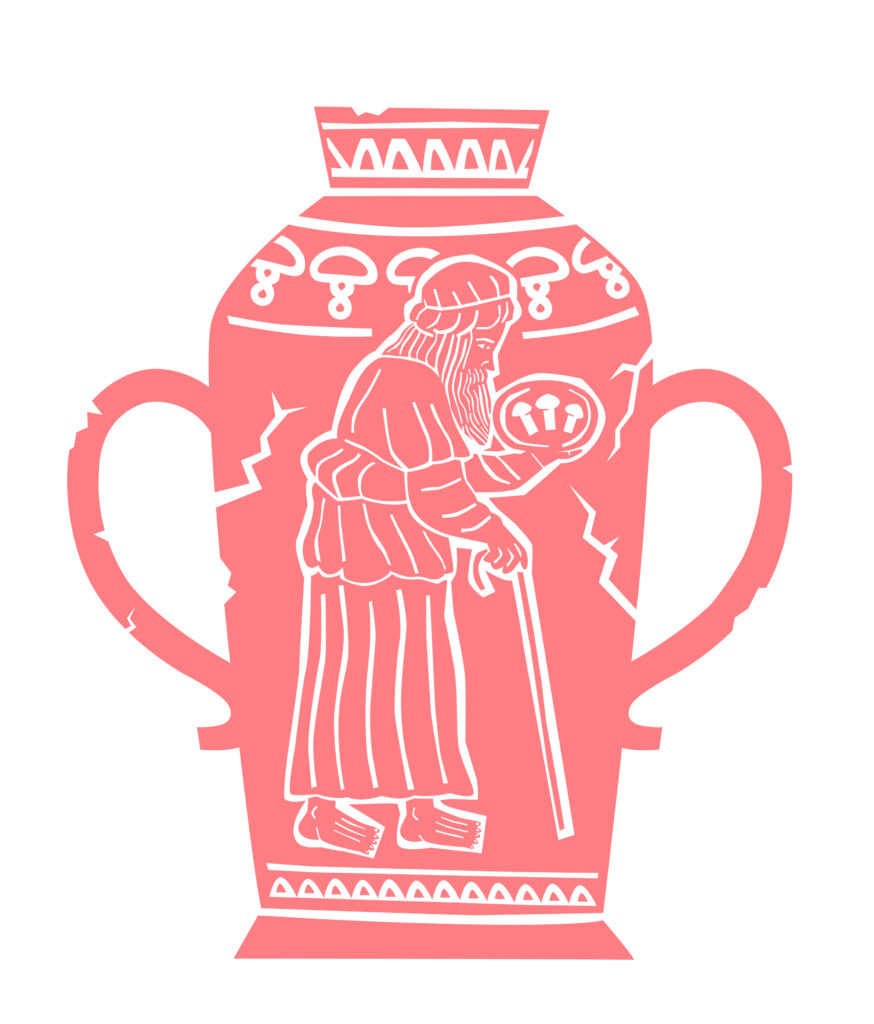
Organisations, Communities, Initiatives
Here is a non-exaustive list of organisations, companies and communities around the world building knowledge and educating the public about psychedelic substances. Check out also our partners!
Universities & Institutes Researching Psychedelics
ICEERS
Heffter Research Institute
Johns Hopkins Center for Psychedelic & Consciousness Research
Usona Institute
Imperial College London, Center for Psychedelic Research
Yale Psychedelic Science Group
UC Berkeley Center for the Science of Psychedelics
NYU Langone Center for Psychedelic Medicine
Columbia University Department of Psychiatry
Organisations Advocating & Educating About Substances
Erowid
Open Foundation
Mind Foundation
Australian Psychedelic Society
Drug Science
Blossom Database on Psychedelic Research
Psychedelic Access and Research European Alliance (PAREA)
Communities & Psychonaut Initiatives
Heroic Hearts
Psychonaut Wiki
Bluelight Community
Shroomery
Double Blind Magazine
Books
Here are some books we recommend if you are new to the subject of psychedelics as well as for more in-depth information on therapy, brain research and history of medicinal plant use throughout human history.
New to these substances?
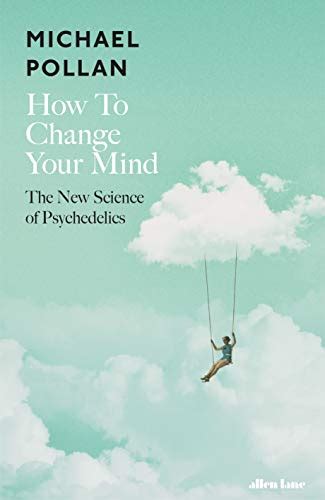
How to change your mind
Michael Pollan
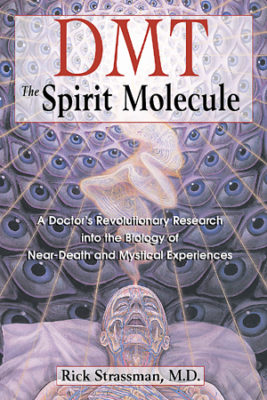
DMT The Spirit Molecule
Rick Strassman
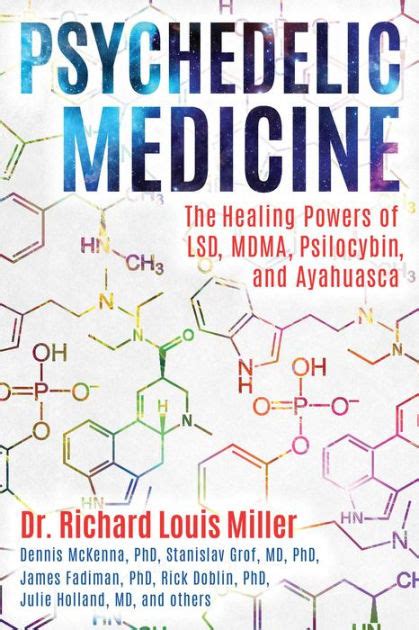
Psychedelic Medicine: The Healing Powers of LSD, MDMA, Psilocybin, and Ayahuasca
Richard Louis Miller
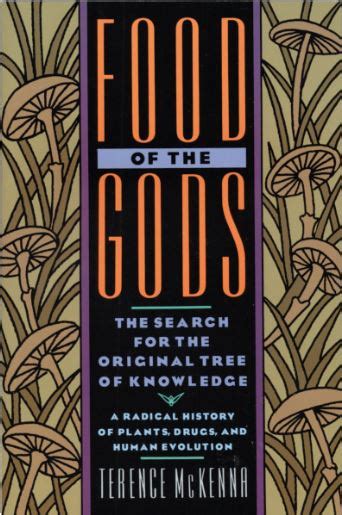
Food of the gods
Terence McKenna
Want to explore deeper?
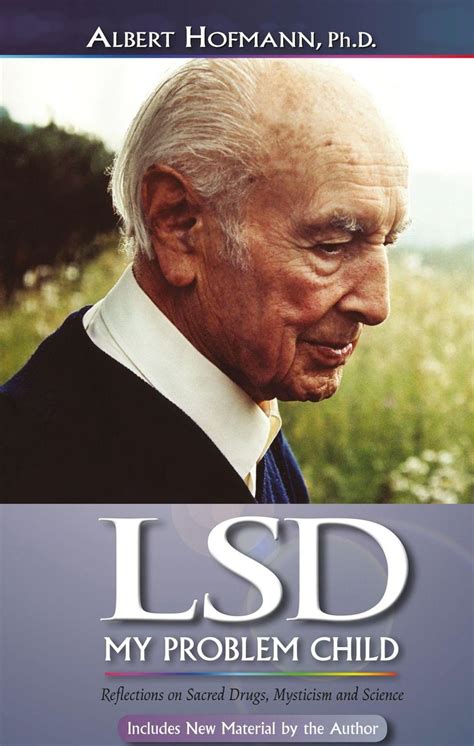
LSD, my problem child
Albert Hoffmann

The Cosmic Serpent
Jeremy Narby

The Doors of Perception
Aldous Huxley

The psychedelic explorer’s guide
James Fadiman
Documentaries
There are more and more documentaries talking about psychedelic substances and their effects on our mind. Here’s a selection focusing specifically on their therapeutic effects.
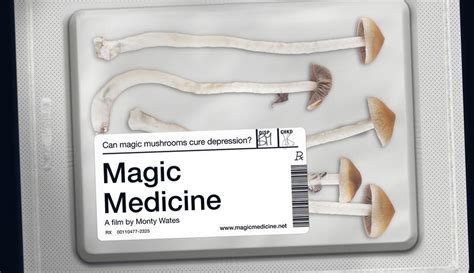
Magic Medicine (2016)
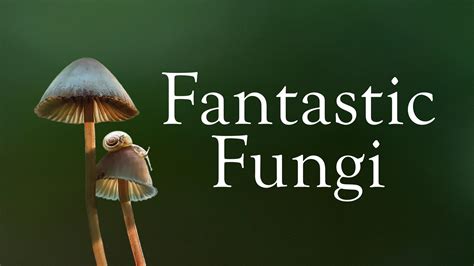
Fantastic Fungi (2019)

The Psychedelic Drug trial (2021)

Hamilton’s Pharmacopeia (2020)
